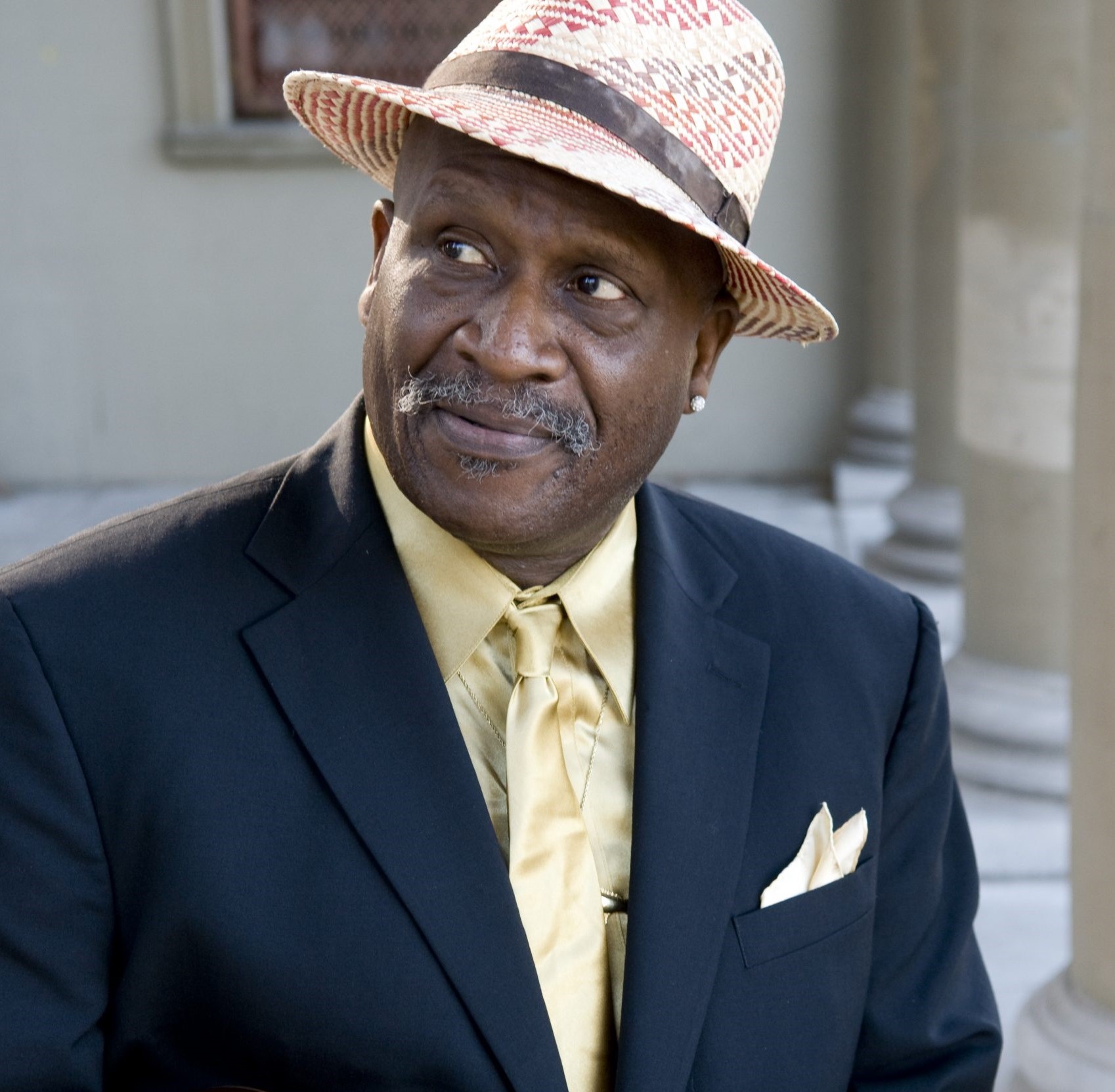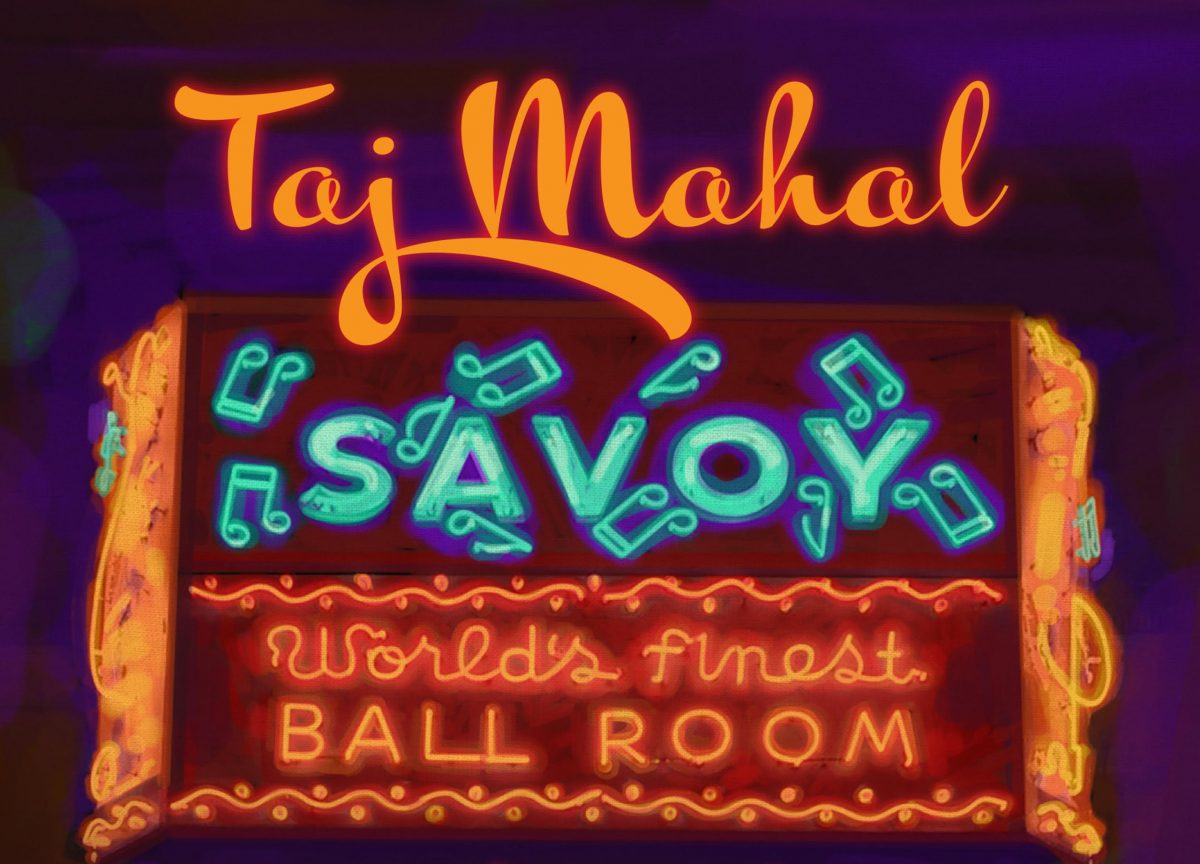Though not a native Memphian, Taj Mahal is well loved here, as evidenced last year when his name was added to the historic Orpheum Theatre’s sidewalk of stars. Of course, as one of the world’s preeminent blues artists, he’s dipped deeply from the well of Mid-South music, not least because of his command of the fife, not always associated with blues culture outside of North Mississippi. And, like so many Memphis artists, he’s fond of mixing up genres, his career dotted with experiments in hybrid music not often recognized by blues purists. A perfect example is 1999’s Kulanjan, made with Malian kora-player Toumani Diabaté, in spirit not too dissimilar from Otha Turner & the Afrossippi Allstars’ From Senegal to Senatobia.
Most recently, however, Taj Mahal’s restlessness has taken him not across the world, but back in time. In this year’s Savoy, he revisits the music of his parents’ era, which profoundly impacted him. Indeed, his father, Henry Saint Claire Fredericks Sr., was an Afro-Caribbean jazz arranger and pianist who often brought other players into their home. The iconic, swinging standards interpreted here are writ deep in Taj Mahal’s soul.
Accompanying the bluesman on this journey through American songbook classics is his longtime friend, acclaimed record producer John Simon, whose resume includes producing classic albums by The Band, Janis Joplin, Leonard Cohen, Blood, Sweat & Tears, Simon & Garfunkel, Gordon Lightfoot, and Mama Cass Elliot. Indeed, Savoy is the realization of a musical collaboration they’d been planning for decades.

Recorded with musicians in San Francisco, Savoy is a salute to the sounds of the swing jazz big band era, its title a tribute to Harlem’s Savoy Ballroom where music composed by the likes of Duke Ellington, Louis Jordan, George Gershwin and Louis Armstrong was regularly performed.
Beyond the weatherworn, earthy delivery of Taj Mahal, with which he immediately makes any song his own, this album is a testament to Simon’s arrangements, which are both inventive and tradition-savvy. As such, the tunes swing powerfully even as they avoid cloying big band cliches and remain unmistakably hip. His setting for “Summertime,” for example, is an homage of sorts to the horn parts on Gil Evans’ arrangement of the same tune for Miles Davis.
Co-produced by Manny Moreira, the album also features guest vocals by Maria Muldaur on “Baby It’s Cold Outside” and Evan Price’s violin on two tracks. Taj Mahal sings and plays harmonica, while the rhythm section, featuring Simon on piano, Danny Caron on guitar, Ruth Davies on bass, and Leon Joyce Jr. on drums, keeps things swinging.
Next week, Taj Mahal fans in the Los Angeles area will have a rare chance to hear him speak about that era of jazz and more, when he appears at the Grammy Museum on Tuesday, July 25th. For the rest of us, there’s always this remarkable album as his ultimate testament on the subject.
